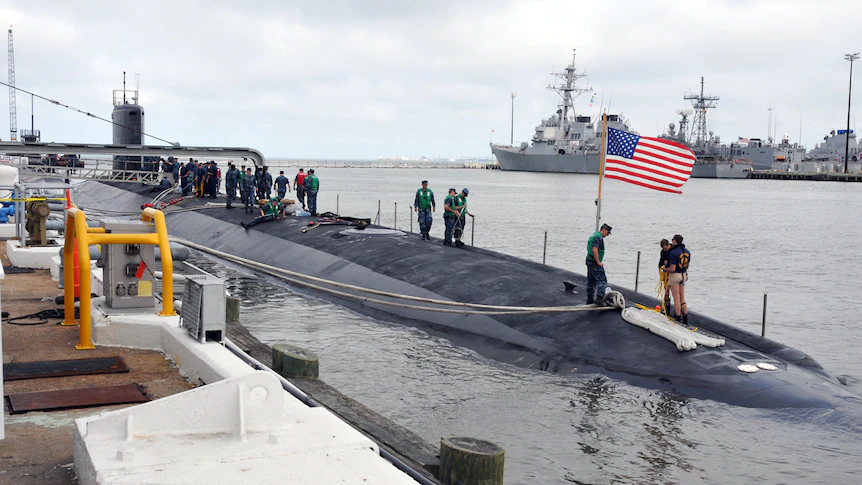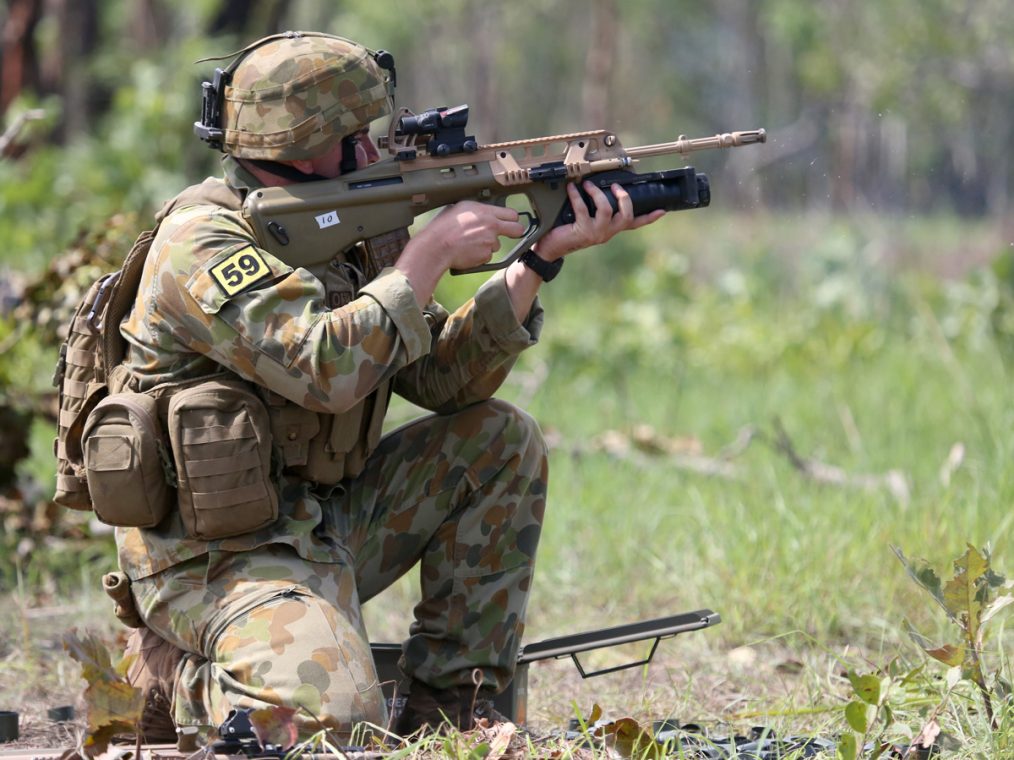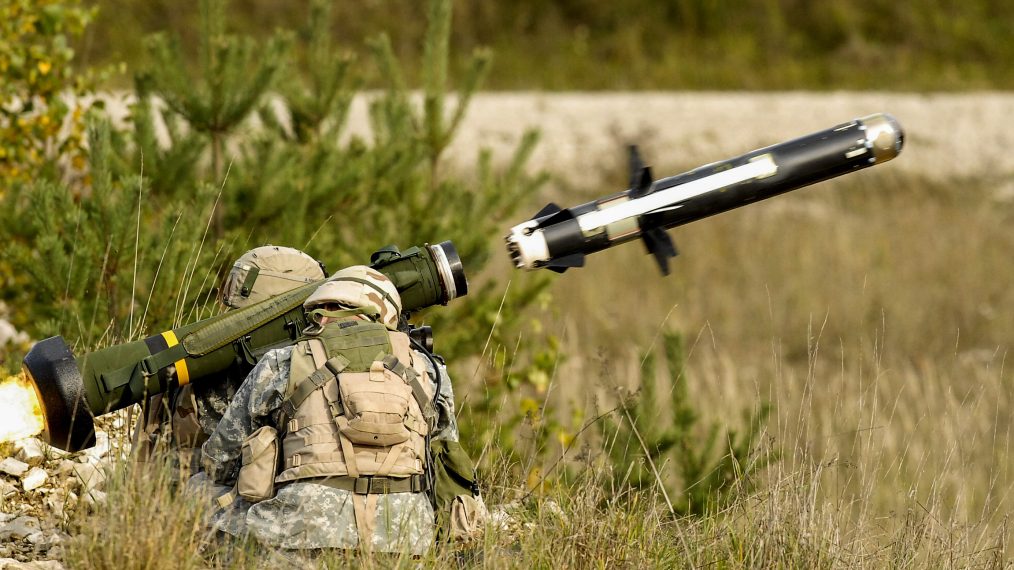Summary of IPA Report
For years, Australia’s decision-makers have deluded themselves into believing that the CSIRO’s GenCost modelling is an accurate and reliable foundation for designing our nation’s energy future. This misplaced trust has led us astray, hiding the real costs of our energy choices. According to Scott Hargreaves, Executive Director of the Institute of Public Affairs (IPA), “We have been misled for too long on the true cost of the energy options on the table.”
The IPA’s newly released research report, “The Ruinous Cost of Free Energy: Why a System Built on Renewables Is the Most Expensive of All Options,” authored by University of Queensland Adjunct Professor Stephen Wilson, exposes the harsh realities of Australia’s future energy system. The report delivers a critical message: the federal government’s current energy system plan, coupled with its 2030 emissions targets, will result in a minimum four-fold increase in the average wholesale price of electricity. This sobering conclusion should make every Australian reconsider the direction we are headed.
The Flawed Approach of CSIRO’s GenCost Modelling
At the heart of the issue is the CSIRO’s Levelised Cost of Electricity (LCOE) methodology, which the federal government has heavily relied upon. However, the report argues that this approach is fundamentally flawed and misleading. The LCOE method only looks at the costs associated with generating electricity but neglects the broader, more critical aspect—the Total System Cost. According to the research, any meaningful decisions about our energy future should be based on Total System Cost, which considers all the expenses tied to delivering electricity to consumers.
Wilson’s report demonstrates that when a system is built on variable renewable energy sources like solar and wind, the Total System Cost can be at least twice as high as that of a system based on coal or nuclear baseload generation. This stark contrast is crucial for understanding why renewable energy is not the cheapest option, despite popular belief.
The High Cost of Renewables: A Price Too High to Pay
Australia once enjoyed some of the lowest electricity prices in the industrialised world, but those days are long gone. Now, we are among the nations with the highest electricity costs, a situation that has been exacerbated by decades of poor decision-making, rooted in flawed advice and ideological bias. “Decades of poor decision-making based on flawed and misleading advice and ideology is crushing the most productive sectors of our economy,” Hargreaves noted.
The report’s analysis of the Total System Cost method reveals three distinct wholesale energy cost zones:
- $50 per megawatt-hour (MWh) zone: This represents the total cost of the inherited coal-based generation system, which has been the backbone of Australia’s energy infrastructure.
- $100 per MWh zone: This reflects the total cost of a generation system led by reliable 24/7 options, such as coal and nuclear power.
- $200 per MWh zone: This represents the total cost of a generation system primarily based on variable renewable energy sources, like wind and solar.
The study shows that as the energy system shifts from the $50 cost zone of coal-based power to the $200 cost zone of renewables, the actual outcomes for consumers will likely result in even higher electricity prices. This shift is not merely an academic concern but a pressing economic reality that will hit Australian households and businesses hard.
Unseen Costs of Renewable Infrastructure
The report also highlights a critical oversight in the government and CSIRO’s current modelling: the failure to account for the enormous infrastructure costs associated with transitioning to a renewable energy system. The infrastructure required to support a renewable-dominated grid, including extensive upgrades to poles, wires, and storage facilities, represents a massive and often overlooked expense. When these costs are factored in, the case against a renewable-led energy future becomes even stronger.
According to Hargreaves, “Total System Cost calculations make clear that an energy system led by variable renewable generation is by far the most expensive approach government could take.”
The Need for a Reality Check on Australia’s Energy Future
Australia’s current energy system, primarily based on coal, represents the lowest cost option, according to the report. The next most affordable option would be a system built on new baseload power plants, whether they are coal-fired or nuclear. Yet, the government’s plans seem determined to phase out coal-fired generation, not on the basis of cost but due to emissions concerns.
While renewable energy sources like wind and solar are often touted as “free” because they do not require fuel, the reality is far more complex. The upfront investment required for renewable energy infrastructure is substantial, and the LCOE, which is used by the Australian Energy Market Operator (AEMO) relying on CSIRO’s GenCost model, fails to capture the true costs involved. This oversimplified calculation does not provide an accurate picture of the Total System Cost across the different types of generation needed to serve customer demand consistently.
The True Cost of Renewables: A System on the Brink
As the report underscores, a system that relies heavily on renewable energy will inevitably lead to much higher costs for consumers. The transition from a coal-based system at $50 per MWh to a renewable-based system at $200 per MWh will place a significant financial burden on Australians. Even if temporary price relief is provided through subsidies or other measures, the underlying economic issue remains unresolved.
In summary, the report by Adjunct Professor Stephen Wilson can be distilled into several key points:
- The energy system with the lowest Total System Cost is the one we currently have, based on coal-fired power.
- The LCOE of any generation type does not reflect the Total System Cost, making it an inadequate metric for decision-making.
- Renewable technologies can play a role in the energy mix, but their involvement should be limited to avoid escalating the Total System Cost.
Contrary to popular belief, coal-fired power plants are not destined to become obsolete after a set number of years. These plants can be periodically refurbished and continue to operate, making them a viable option for the foreseeable future. The benchmark for comparing costs should not be hypothetical new coal plants but the existing coal fleet, which remains the most cost-effective option.
Conclusion: A Call for Honest Assessment
Australia must face the facts. National security cannot be achieved without energy security, and a reliable, affordable energy system is crucial for the country’s future. Our leaders must urgently reassess the true costs of the energy alternatives and stop relying on the discredited GenCost modelling from CSIRO.
As the report concludes, the lowest cost system is the one we already have, and the next lowest cost system would be built on new baseload power plants, whether coal or nuclear. It’s time Australians were given the facts, and it’s time for our leaders to commission a thorough and honest analysis of the true costs of our energy options.










